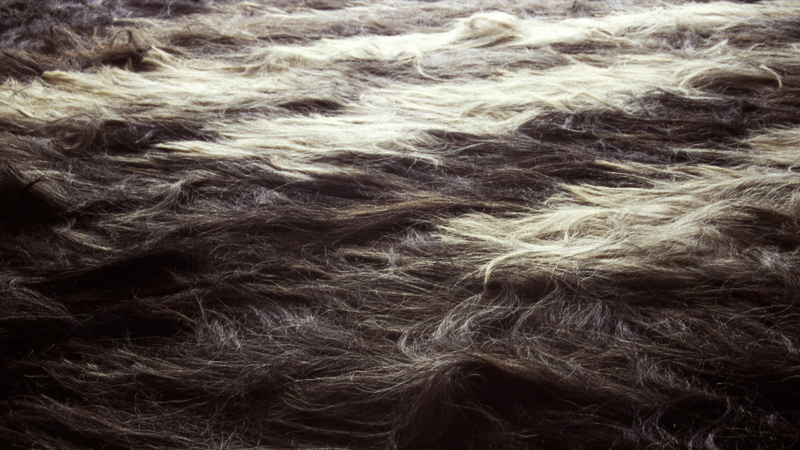This lecture examines the history of the 1990s, and argues that textile-based installation art became an important and influential medium through which to deconstruct the multiplicity and intersectionality of identity, rather than the lens-based media of photography and video, which came to dominate identity-driven artistic representation in American group art exhibitions.
Jenni Sorkin is Professor of History of Art & Architecture at University of California, Santa Barbara. She writes on the intersections between gender, material culture, and contemporary art, working primarily on women artists and underrepresented media. Her books include: Live Form: Women, Ceramics and Community (University of Chicago, 2016), Revolution in the Making: Abstract Sculpture by Women Artists, 1947-2016 (Skira, 2016) and Art in California (Thames & Hudson, 2021), as well as numerous essays in journals and exhibition catalogues. She received her Ph.D. in the History of Art from Yale University and is a member of the Editorial Board of the Journal of Modern Craft. From 2021-22, she was Senior Scholar-in-Residence at the Getty Research Institute, Los Angeles. She also serves as the Co-Executive Editor of Panorama: the Association of Historians of American Art.
Sorkin has been an invited lecturer at numerous museums including the ASU Art Museum, Tempe, Dia Beacon; ICA, Philadelphia, Contemporary Art Museum, Menil Collection, and MFA, Houston; MAD and Metropolitan Museum of Art, New York; Museu Calouste Gulbenkian, Lisbon; Nasher Sculpture Center, Dallas; Newcomb Museum, Tulane University; University of Chicago, and the Yale Center for British Art. She has been a visiting critic at Cranbrook Academy of Art, Colorado State University, Michigan State University, The School of the Art Institute of Chicago, University of Oregon, University of Washington, University of Wisconsin, Southern Methodist University, and the Yale School of Art.
*The lecture will be held in English.
-----
Know-hows: making-knowing | 2023/24
Since Greek antiquity, the concept of episteme (theoretical, intellectual knowledge) has been contrasted with that of techne (practical knowledge, which is required for making-poiesis, and doing-praxis). In relation to feminist theories of materiality, an analogy arises between the power relationships and dualisms such as mind-body, theory-practice, nature-culture as well as art-craft. Know-hows: making-knowing is a series of lectures/seminars and workshops that looks at making knowledge not only as embodied knowing, a tacit and experiential knowledge, but also as a critique, action and debate that is interconnected within current social, ecological and theoretical contexts, for instance in contemporary craft, post-human and new materialism discourse. We will reflect on different approaches to the topic and explore alternative forms of knowing in material practice that can integrate the “self” and “others”, expanding the understanding of making as a new mode of practice-based research in artistic practice.
Organised and moderated by Prof. Dr. Nicolas Cheng
Register by email as the number of seats are limited.

